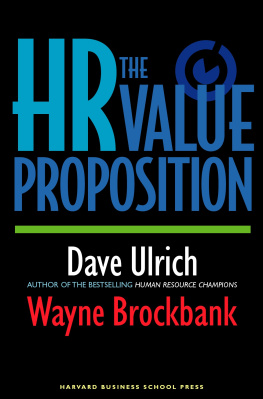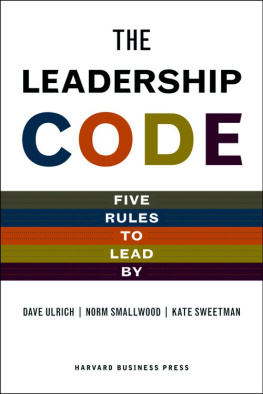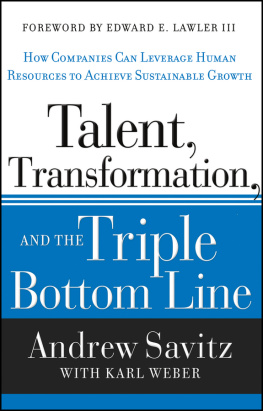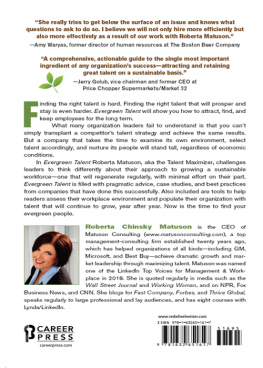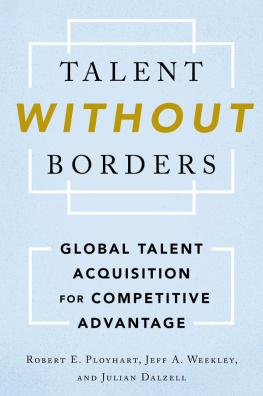Copyright 2017 by McGraw-Hill Education. All rights reserved. Except as permitted under the United States Copyright Act of 1976, no part of this publication may be reproduced or distributed in any form or by any means, or stored in a database or retrieval system, without the prior written permission of the publisher.
ISBN: 978-1-25-983765-4
MHID: 1-25-983765-3.
The material in this eBook also appears in the print version of this title: ISBN: 978-1-25-983764-7, MHID: 1-25-983764-5.
eBook conversion by codeMantra
Version 1.0
All trademarks are trademarks of their respective owners. Rather than put a trademark symbol after every occurrence of a trademarked name, we use names in an editorial fashion only, and to the benefit of the trademark owner, with no intention of infringement of the trademark. Where such designations appear in this book, they have been printed with initial caps.
McGraw-Hill Education eBooks are available at special quantity discounts to use as premiums and sales promotions or for use in corporate training programs. To contact a representative, please visit the Contact Us page at www.mhprofessional.com.
TERMS OF USE
This is a copyrighted work and McGraw-Hill Education and its licensors reserve all rights in and to the work. Use of this work is subject to these terms. Except as permitted under the Copyright Act of 1976 and the right to store and retrieve one copy of the work, you may not decompile, disassemble, reverse engineer, reproduce, modify, create derivative works based upon, transmit, distribute, disseminate, sell, publish or sublicense the work or any part of it without McGraw-Hill Educations prior consent. You may use the work for your own noncommercial and personal use; any other use of the work is strictly prohibited. Your right to use the work may be terminated if you fail to comply with these terms.
THE WORK IS PROVIDED AS IS. McGRAW-HILL EDUCATION AND ITS LICENSORS MAKE NO GUARANTEES OR WARRANTIES AS TO THE ACCURACY, ADEQUACY OR COMPLETENESS OF OR RESULTS TO BE OBTAINED FROM USING THE WORK, INCLUDING ANY INFORMATION THAT CAN BE ACCESSED THROUGH THE WORK VIA HYPERLINK OR OTHERWISE, AND EXPRESSLY DISCLAIM ANY WARRANTY, EXPRESS OR IMPLIED, INCLUDING BUT NOT LIMITED TO IMPLIED WARRANTIES OF MERCHANTABILITY OR FITNESS FOR A PARTICULAR PURPOSE. McGraw-Hill Education and its licensors do not warrant or guarantee that the functions contained in the work will meet your requirements or that its operation will be uninterrupted or error free. Neither McGraw-Hill Education nor its licensors shall be liable to you or anyone else for any inaccuracy, error or omission, regardless of cause, in the work or for any damages resulting therefrom. McGraw-Hill Education has no responsibility for the content of any information accessed through the work. Under no circumstances shall McGraw-Hill Education and/or its licensors be liable for any indirect, incidental, special, punitive, consequential or similar damages that result from the use of or inability to use the work, even if any of them has been advised of the possibility of such damages. This limitation of liability shall apply to any claim or cause whatsoever whether such claim or cause arises in contract, tort or otherwise.
The Human Resources Competency Study is the result of countless hours of work from many in the HR profession. We would like to dedicate this book to the sponsors and partners who made this work possible. In particular, we thank the Stephen M. Ross Executive Education Program at the University of Michigan and the RBL Group for financial sponsorship and administrative support of the study.
We also thank our 22 regional partners who diligently contributed to logic and administration of this round of the study. We are deeply indebted to them as listed below:
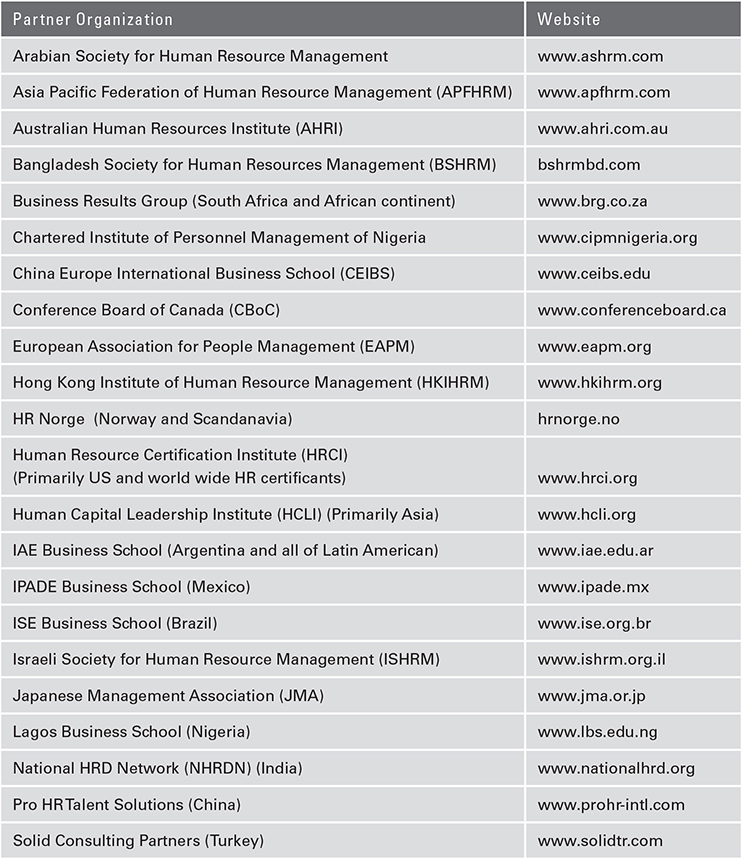
CONTENTS
PREFACE
We are observers, advocates, provocateurs, researchers, and agitators for the HR profession. For over 30 years, Wayne Brockbank and Dave Ulrich have studied, written about, and trained HR professionals at the Ross School at the University of Michigan and in their private consulting practice. Dave Kryscynski (DK) and Mike Ulrich have more recently received their PhDs in organization and HR science, bringing rigorous theory and research to the improvement of HR.
As seasoned and emerging HR promoters, we have come to share some assumptions about the state of HR today. The following six assumptions form much of the basis and context for this book:
1. HR matters: We firmly believe through personal experience and empirical data that HR matters to a business. Waynes in-depth advisory work with leading global companies has shown that HR work today shapes business strategy and helps the business to deliver results. His current work on information and culture highlights some of the emerging ways for HR to deliver real value. Daves recent work on leadership capital shows that quality of leadership impacts shareholder value, thus giving HR professionals a line of sight to market valuation of their work. DK and Mikes work shows the empirical impact of HR on desired firm outcomes.
2. HR research is imperative: We strongly believe in empirical and qualitative information. We see the recent push in HR for more analytics as a good sign as long as the analytics focus is on information that will improve the business. Too often HR analytics are about HR for HR, not HR for the business. DK and Mike bring exceptional rigor to the information that provides valid insight to how HR decisions impact business results. Academic studies on HR, human capital, and strategic HR are emerging in the HR, strategic, and organization literatures. These studies are helpful when they connect to HR phenomena and deliver insights with rigor. DK and Daves paper on the importance of timely and rigorous HR research won the Academy of Management Perspectives Best Article award in 2016.
3. HR professionals are changing: After having trained tens of thousands of HR professionals, we are coming to realize that progress is being made in quality of HR departments, professionals, and practicesalbeit slower than we would hope. We continue to see the 20-60-20 distribution of HR professionals. Twenty percent are exceptional and deliver real value. We need to stay out of their way and learn from them. Twenty percent are laggards, not able or willing to use HR to drive business results. We need to not let them deter us. Sixty percent are open to learning and making progress toward more impactful HR. We are committed to these aspiring HR professionals who want to learn and make a difference.
4. HR departments and practices are becoming more important: We have worked on the transformation of HR departments and HR practices for many years. We have been advocates for HR structure matching the business structure and for HR practices offering integrated solutions to business problems. Just as HR departments combine individual HR professional competencies into a stronger HR function, we have also advocated that an organizations capability (or culture) is more important than the competencies of individuals.
5. HR colleagues are incredibly gifted: We have been privileged to work with outstanding HR colleagues in over 80 countries in the world. Some of these colleagues are among the 22 partner associations in the Human Resources Competency Study (HRCS) who have partnered with us before. Other colleagues are thought leaders whose insights continually inform us. We hope that as we absorb their work into ours, we give adequate credit and build on their insights and ideas.


